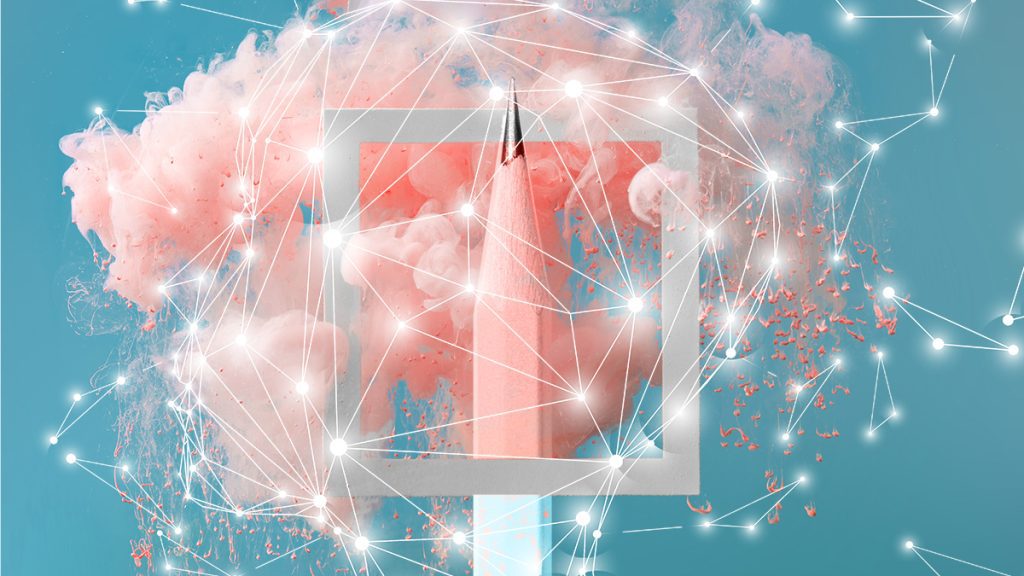
The integration of AI in education has been a topic of debate, with some seeing it to improve personalized learning while others worry about the potential negative impacts on creativity.
- AI in education may overemphasize standardized testing, potentially reducing the importance of creative exploration and problem-solving.
- Overreliance on AI-generated content may present a narrow range of ideas and solutions, limiting the creativity of students.
- While AI has the potential to enhance creativity by providing new tools and avenues for expression, it’s important to find a balance between utilizing AI and not replacing the importance of human imagination and expression.
There are a lot of topics of debate concerning the education systems. And apparently, artificial intelligence is the new buzz on that list, along with other controversies like banning books. In a recent conference that we attended, EduTech 2023, a discussion circulated around the benefits of having AI in our education systems, including personalized lesson plans. But it’s not all sunshine and rainbows.
Overemphasis on Standardized Testing
AI algorithms can be trained to recognize certain patterns and generate standardized responses. Unfortunately, this training could lead to a focus on testing and evaluation rather than creative exploration and problem-solving. As a result, we will have a narrower definition of success in education systems that already places too much emphasis on test scores and not enough on other important skills, such as creativity, critical thinking, and collaboration. And to the future’s dismay, students may become, more than ever before, hyper-focused on memorizing information and regurgitating it on tests.
Limited Perspectives
AI systems learn from data, but they can’t capture the full range of human experiences and perspectives. It is my firm belief that a child is as knowledgeable as the material you provide them. And the over-reliance on this technology that presents a narrow range of ideas and solutions could limit the creativity of students. It is important to recognize that AI systems are only as unbiased as the data they are trained on. Therefore, it is important to ensure that the data used to train AI systems is diverse and inclusive.
Is Creativity the Next AI Victim?
Yes and no.
Let me elaborate.
Creativity is not dead. A more accurate depiction is a caterpillar metamorphosing into a butterfly. As we speak, it is adjusting to the age of AI. My personal belief is that it will open new avenues for creativity.
Did you know that an estimated 1% to 3% of people have aphantasia? These are people incapable of visualizing any type of image in their heads. Generative AI would introduce a new dimension to their creativity. J. R. R. Tolkien’s works are a masterclass in world-building. Let’s say, for the sake of this argument, that the movies never came to be, the aphantasic reader could artificially generate the setting so they get a sense of what they are actually reading. Similarly, people with very active imaginations but lack the skill to describe what their mind’s eye is seeing could translate the scene through generative AI art that relies on text-prompts.
Final Thoughts
We are in the 21st Century, and technological development is in full swing. Our education systems aren’t doing any favors by producing high school graduates with poor digital literacy. For some reason that evades me, people seem to think it’s an all-or-nothing type of situation. Either we include AI in our education system down to the smallest detail, or we don’t even acknowledge its existence. However, there needs to be a categoric change in our curriculums to reach a happy medium. AI is redefining our day-to-day lives. True. But it might as well ethically adapt.
Inside Telecom provides you with an extensive list of content covering all aspects of the tech industry. Keep an eye on our Intelligent Tech sections to stay informed and up-to-date with our daily articles.